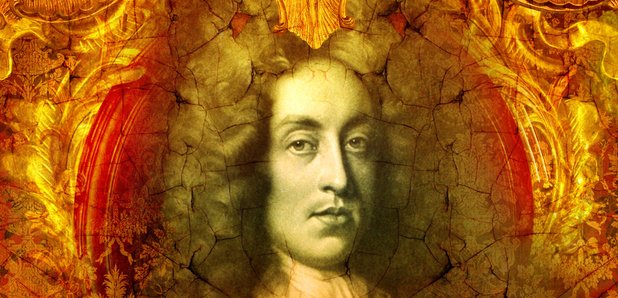This week we’ve explored musical depictions of winter, from Samuel Barber’s Christmas-themed Twelfth Night to Tchaikovsky’s youthfully inventive First Symphony.
Perhaps no music captures the desolate gloom of winter more vividly than Now Winter Comes Slowly from the fourth act of English composer Henry Purcell’s 1692 opera, The Fairy-Queen. In this case, the term “opera” should be applied loosely. The Fairy-Queen, an anonymous adaptation of Shakespeare’s A Midsummer Night’s Dream, still has one foot firmly planted in the world of masque and “Restoration spectacle,” the freer-formed courtly entertainment out of which formal opera grew. Composed three years before Purcell’s death at the age of 35, The Fairy-Queen was first performed in May, 1692 at London’s Queen’s Theatre, Dorset Garden. Then it fell into obscurity until the twentieth century.
Now Winter Comes Slowly is built on a bleak descending bass line. An icy chill pervades the music from its solitary opening strand:
https://www.youtube.com/watch?v=j-VsYLxrSp4
Sting included Now Winter Comes Slowly on his 2009 album, If on a Winter’s Night. (Listen to the entire album here). Listen to the way Purcell’s late seventeenth century music transfers to this glistening, ethereal, and mildly electronic twenty-first century sound world:
Thus sometimes hath the brightest day a cloud;
And after summer evermore succeeds
Barren winter, with his wrathful nipping cold:
So cares and joys abound, as seasons fleet.
-William Shakespeare, Henry VI, Part II

